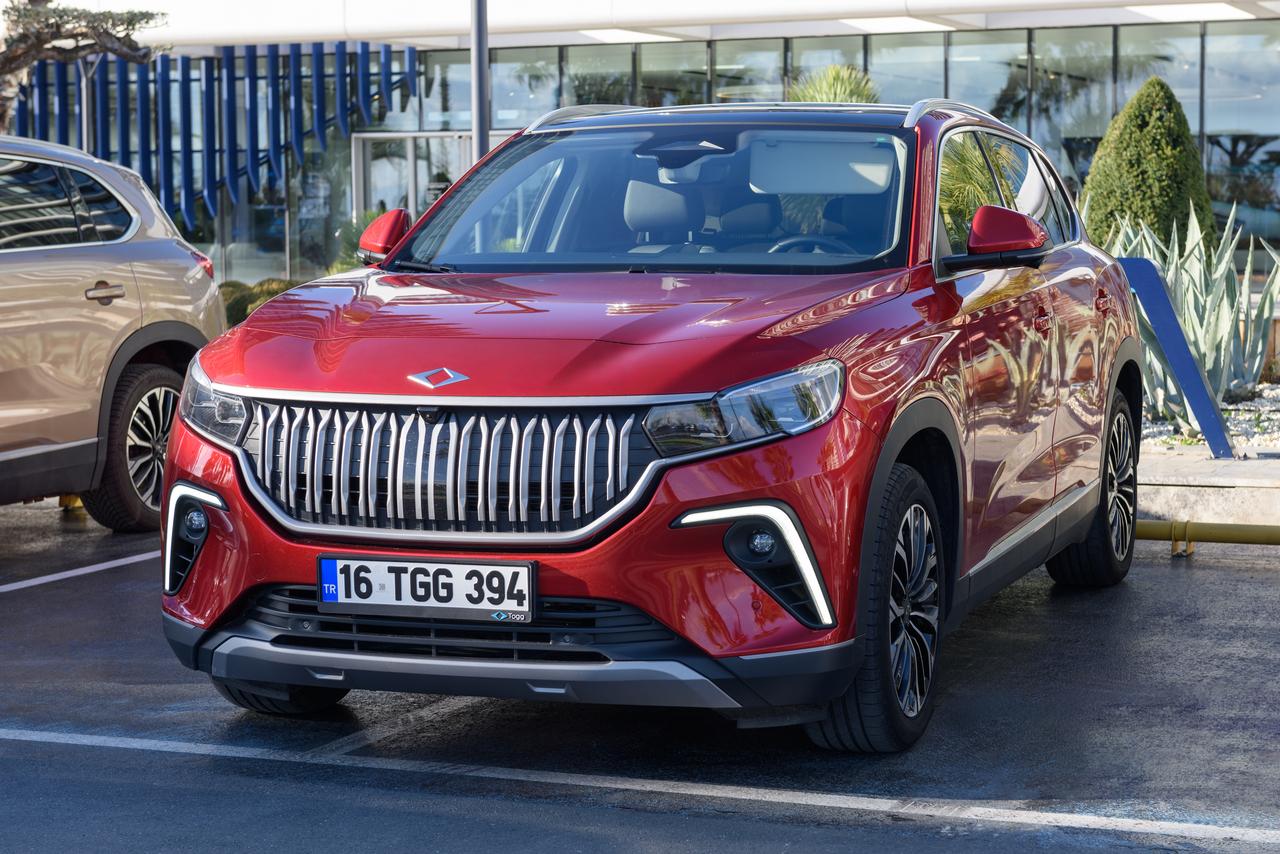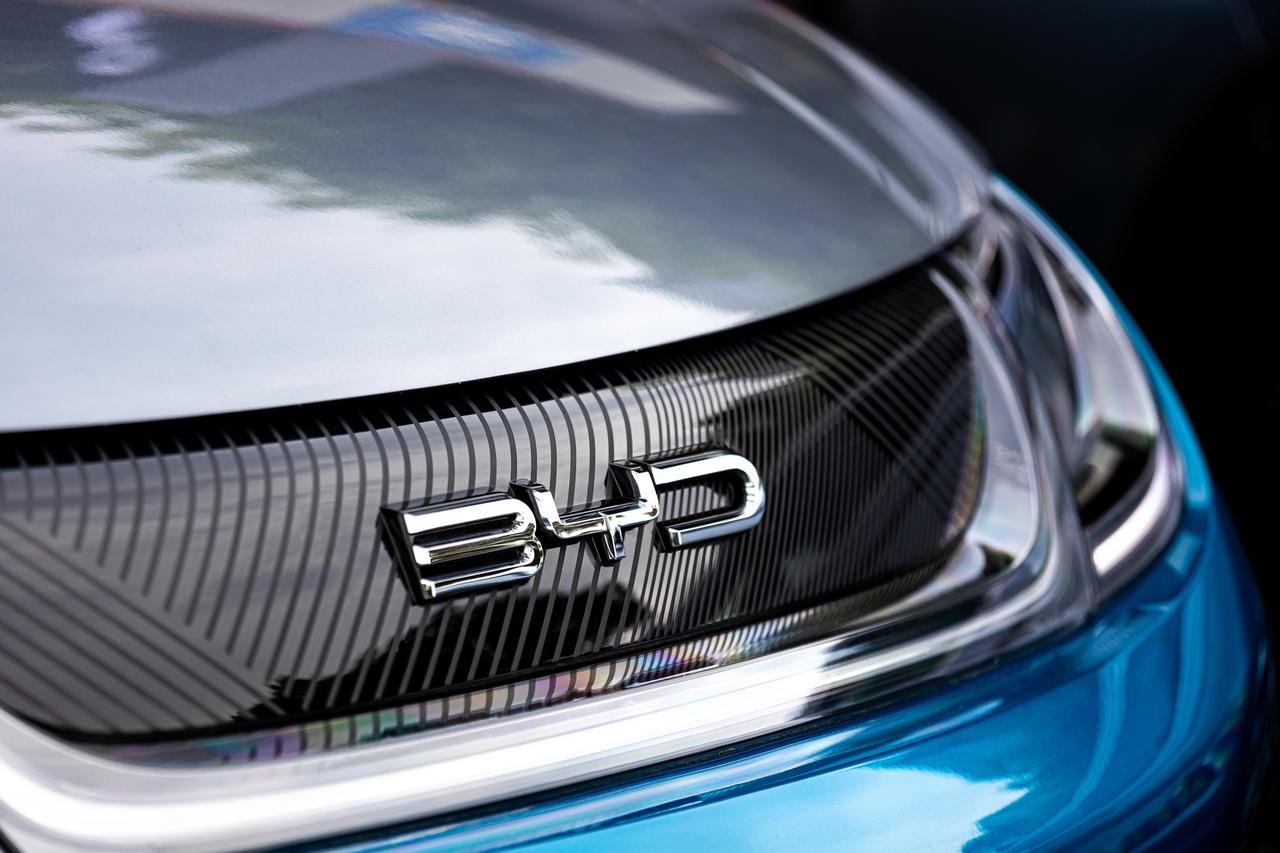
Türkiye has become one of the top 10 electric vehicle (EV) markets globally, ranking 8th with 123,982 sales over the past 12 months, according to data compiled by U.K.-based research firm New AutoMotive.
The country ranked eighth worldwide in annual sales, trailing just behind the Netherlands, which saw 129,560 units sold. In April alone, Türkiye sold 11,173 electric vehicles, outpacing countries such as Norway (10,942), the Netherlands (9,661), and Denmark (9,561).
The global total reached 977,000 EVs for the month—the highest April figure on record—marking a 29% increase compared to the same period last year.
Türkiye’s rise in the EV market has been bolstered by strong policy support, including government incentives, the launch of the locally produced Togg vehicle, and expanded charging infrastructure. The share of battery electric vehicles in total car sales has remained above 10% for eight consecutive months.
In April, Türkiye led all Mediterranean countries in EV sales, surpassing Italy, Spain, Slovenia, Croatia, and Greece. The country’s monthly sales peaked in December 2024 with 17,894 vehicles sold, ranking it sixth globally for that month.
Data from the Automotive Distributors and Mobility Association (ODMD) show that in April, sales of electric vehicles under 160 kilowatts (kW) surged by 75.7%, accounting for an 11.6% market share. EVs exceeding 160 kW saw an even sharper rise—up 157.8%—and reached a 2.3% share.
Chinese EV manufacturer BYD led Türkiye’s electric vehicle market in April with 5,397 units sold, followed by Türkiye’s domestic brand Togg, which sold 3,537 units.

Türkiye’s climb in the global rankings is largely attributed to strong government support, including targeted incentives, the introduction of the local EV brand Togg, and significant investments in charging infrastructure.
Speaking to Anadolu Agency, Ben Helmes, CEO of New AutoMotive, called Türkiye’s growth “an impressive rise,” and noted that the country's EV market has become a standout in the European automotive landscape. He cited the combination of government policy, consumer acceptance of local brands, model diversification, and recent fuel price increases as key drivers of this transformation.
“Given these strong foundations, we expect the growth in Türkiye’s electric vehicle sales to continue in the coming months and years,” Helmes added.